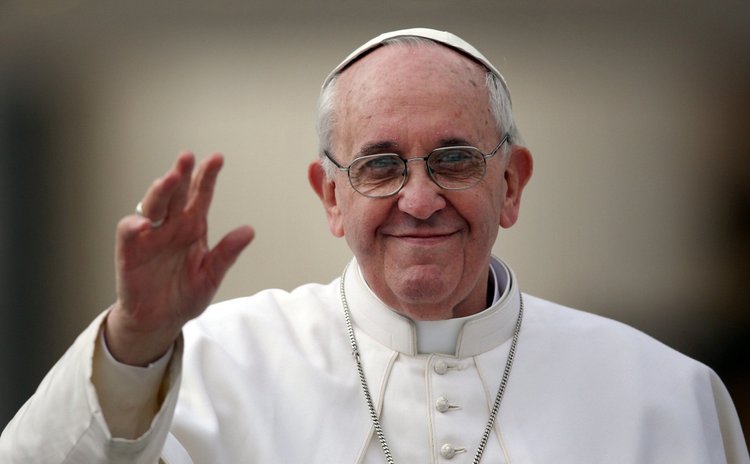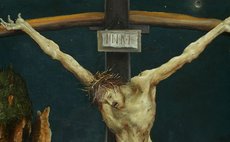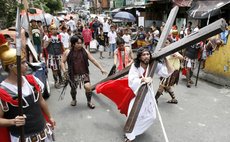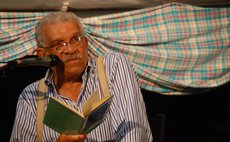To be alive

A New Year is not merely a chronological event in the march of history. One day is not just a repetition of the former day. It ought not to be regarded merely as one day less in our lives, a day closer to the end of centuries of "blood, sweat and tears".
2017 is a gift of time, a new opportunity to grow, to develop new ideas, new strategies, new visions. Time is for adventure, for progress, for doing good. Time is not for inertia. Time is for reflection on the past and on the present and taking stock of what we are called to be. It is for carving our destiny, for building a new world. Time is an invitation to hope.
More than half a century ago, Pope St. John XXIII, who derided the prophets of doom, proclaimed to us that God has not placed us in a museum, that is, merely to stand and be filled with admiration at the beauty of what we behold. Rather, God has placed us in a garden. We are called to tend it, to cultivate it, to beautify it.
Holy Scripture is a grand celebration of the environment, the world which is our home. You notice that the Book of Genesis, while presenting the entrance of man and woman into the world as God's final act of creation, describes the world around as a preparation for the coming of mankind. It is God's gift to mankind. Human beings are so precious that the proper environment must be put in place for the fulfillment of their destiny.
What kind of environment befits humankind? What surroundings are in conformity with the dignity of mankind? What sort of conditions are effective enablers of the development of men and women if they are to attain their destiny?
The world that came from God's hands, the pristine environment, is one of beauty, and orderliness. It is rough and needs to be smooth; it is in infancy and has to be developed. Yet, there is peace and harmony. It is not rejecting but inviting. It is attractive and not seductive. It is inspiring and not corrupting. It is not static and inert but full of life.
So there we have God's plan for mankind. God, so to speak, has exhausted his goodness and self-giving. At the end of it all, God is led to exclaim, "That's good; that's very good."
Now man is on the scene. What is his primary duty? For what purpose has he been placed in such an attractive environment? How is he going to use his powers of imagination and freedom to continue the marvellous enterprise which God has initiated?
The history of man has proven that while various efforts have been made to continue the building of the home in which we humans live and enhance the environment which facilitates and promotes mankind's development, much still has to be done. In truth, much failure and human degradation have been recorded even during the Christian centuries, when a decisive effort was made to recall to men and women their dignity, as expressed in God's creative plan. This has been so to the extent that Pope St. John Paul II, in an address to the United Nations Assembly, made this sorrowful introduction: "I come to you at the end of a century of tears!"
Pope Francis, true to his mentor, St. Francis of Assisi, has issued a call to mankind to take care of the environment. Describing the situation in the world as a great mass of "filth", he issues his call as a last minute opportunity to stem the tide of environmental disaster and concomitant human degradation, eroding Gospel joy.
Man of hope that he is, he does not give up. He has tremendous confidence in the ability and the goodwill of mankind to change course and be renewed. He challenges the world to respond positively to the original call given to man to act responsibly and to take care of his environment, convinced that "It is good to be alive!"




